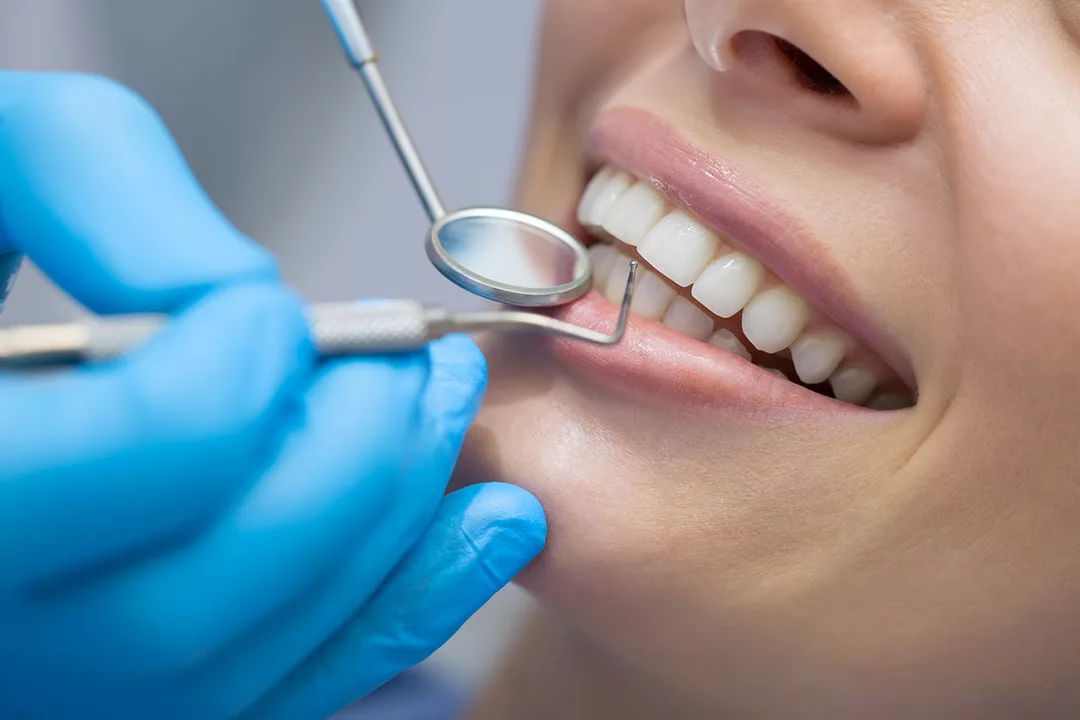Dental care: Practical tips to keep your teeth healthy
Did you know tooth decay and gum disease are still the top reasons people lose teeth? Good news: most problems are preventable with a few simple habits. This page gives clear, useful steps you can start today to protect your smile and handle common issues like tooth pain or minor infections.
Brush twice a day with a soft brush and fluoride toothpaste. Spend two minutes each time, cover all tooth surfaces, and don’t scrub hard—gentle circular motions work best. Floss once daily to remove the film and bits your brush misses. If flossing is hard for you, try interdental brushes or a water flosser.
Watch what you drink and snack on. Sugary drinks, sticky candies, and frequent snacking raise your risk of cavities. Rinse with water after sugary or acidic foods, and aim to eat fiber, dairy, and crunchy vegetables that help clean teeth naturally. If you smoke or vape, quitting will protect your gums and reduce bad breath.
Quick at-home care for tooth pain
Got a sudden toothache? Start with a salt-water rinse: a teaspoon of salt in a glass of warm water can reduce inflammation and clean the area. Use a cold pack on your cheek for 15 minutes to ease swelling. Over-the-counter pain relievers like ibuprofen help most people—follow the label and talk to your doctor if you take other meds.
Avoid placing painkillers directly on the gums or the tooth—this can burn tissue. Don’t use sharp objects to remove stuck food. If a filling falls out, you can buy temporary dental cement at a pharmacy until you see your dentist.
When antibiotics or a dentist are needed
If you see swelling that won’t stop, fever, trouble swallowing or breathing, or spreading redness, get urgent dental or medical care. Those signs often mean an infection that can spread. Dentists decide if antibiotics are necessary and which one to use. Common antibiotics for dental infections include amoxicillin; alternatives like clarithromycin (Biaxin) or azithromycin (Zithromax) are used when needed, but only with a prescription.
Never start antibiotics without a dental or medical exam. Using them incorrectly raises resistance and can make future infections harder to treat. If you’re allergic to penicillin or the usual drugs don’t work, your dentist will choose a safe alternative.
Keep regular dental visits—every six months is common but your dentist may recommend a different schedule. Cleanings remove buildup you can’t handle at home, and exams catch small issues before they become big problems. For kids, start dental visits by their first birthday or when their first tooth appears.
Simple daily care, smarter food choices, quick action on pain, and timely dental visits protect your smile. If you have questions about antibiotics, pain management, or specific meds, check our guides or ask a dentist for advice tailored to you.
How Regular Prophylaxis Appointments Can Save You Money on Dental Care
As a regular visitor to the dentist for prophylaxis appointments, I can personally attest to the money-saving benefits of these check-ups. By catching potential dental issues early, my dentist is able to treat them before they become more serious and expensive problems. Additionally, these appointments help prevent the need for costly procedures like fillings, root canals, and extractions. Not only do I save money in the long run, but I also maintain better oral health overall. So, I highly recommend investing in regular prophylaxis appointments for both financial and health reasons.
About
Dental Health
Latest Posts


7 Alternatives to Duloxetine for Managing Pain and Anxiety
By Marcel Kornblum Mar 29, 2025

Buying Viagra and ED Meds Safely: Honest Review of trysildenafil.com
By Marcel Kornblum Jul 30, 2025

Discover Top Levitra Discounts and Deals for Your Health
By Marcel Kornblum Dec 28, 2024

